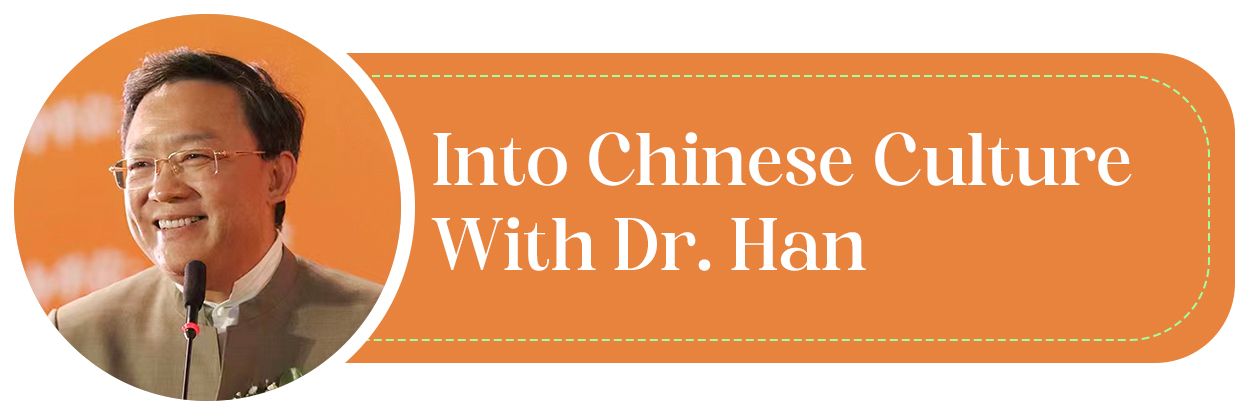Where does evil come from?
Writer: Han Wangxi | Editor: Zhang Zeling | From: Shenzhen Daily

If we agree with Mencius' theory that human nature is inherently good, or at least possesses goodness, then why do we find evil in the world? What factors lead these individuals to obscure their nature, preventing them from recognizing and returning to their true nature?
The question of good and evil is a universal issue, the greatest mystery of human nature, but it did not perplex Mencius. He said: “The goodness of human nature is like the downward flow of water. Just as there is no water that does not flow downward, there is no person who is not inherently good. Just as water can be forced to splash and rise above one’s forehead, or directed to flow uphill, does this mean it is the nature of water? No, it is the circumstances. Likewise, the potential for people to be led to do evil is also due to external circumstances.”
The sage is the epitome of human relationships. He understands life so well. Sometimes, when people deviate from their inherent goodness, it’s a result of external influences. Just as the flow of water can be altered by circumstances, so too can human nature be influenced by external situations, experiences, and encounters, leading people to change their moral direction.
We see in real life that when a person suffers internal wounds, their dignity is compromised without solace, and they become confused and may change from good to evil. Therefore, the ancient Chinese sages paid special attention to the external environment that changes human nature.
According to Mencius, there are only two reasons why people become evil: external circumstances and internal confusion. External circumstances can change a person’s innate good nature.
In the view of Confucianism, fundamentally, everyone is a sage, a good person. The appearance of evil is due to the obscuring of conscience and the influence of the environment. The most important aspect of education lies in enlightening the inner self and cultivating the environment, nurturing the heart like precious jade, and fragrance filling the room, which is precisely the Confucian expectation for human nature and the environment.
Confucianism firmly believes in the connectivity of human hearts. Mencius said, even if one doesn’t know how to make shoes, they won’t end up making baskets instead. The principles of the world are interconnected because human hearts are interconnected. Confucianism also believes that evil does not originate from human nature but from postnatal influences and the environment, which causes the heart to lose its nourishment.
Postnatal influences and the environment can change a person’s disposition and distort their nature. Therefore, both the inner and outer aspects of the heart need to be focused. Everything, if nourished, will grow; if deprived of nourishment, will wither. This applies to all things, especially the heart.
(The author is a cultural scholar.)
(Translated by Shenzhen Daily)